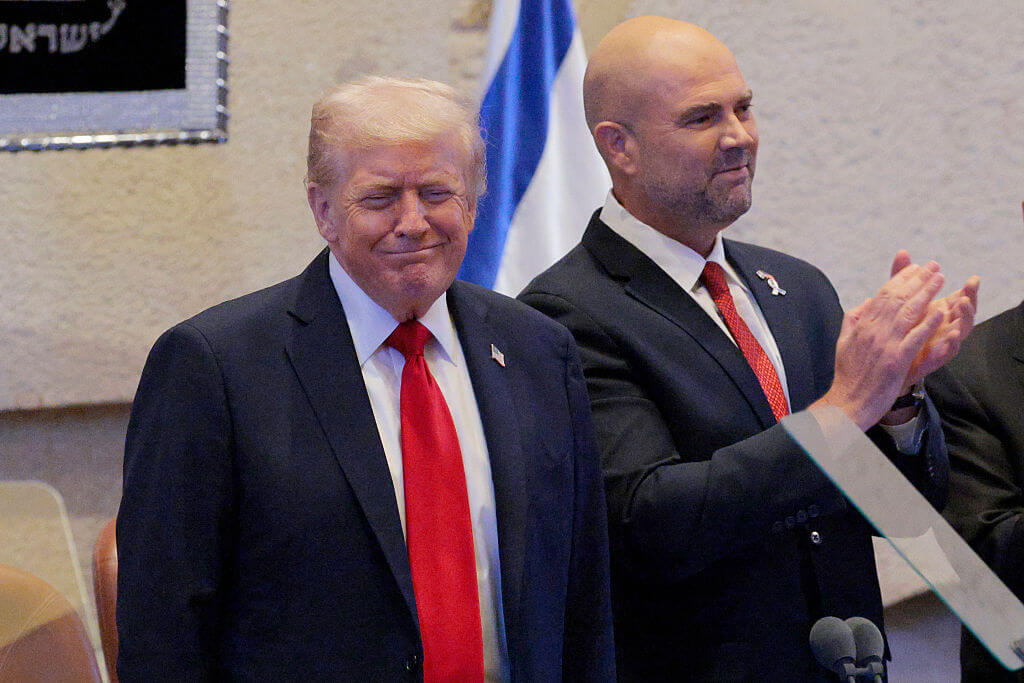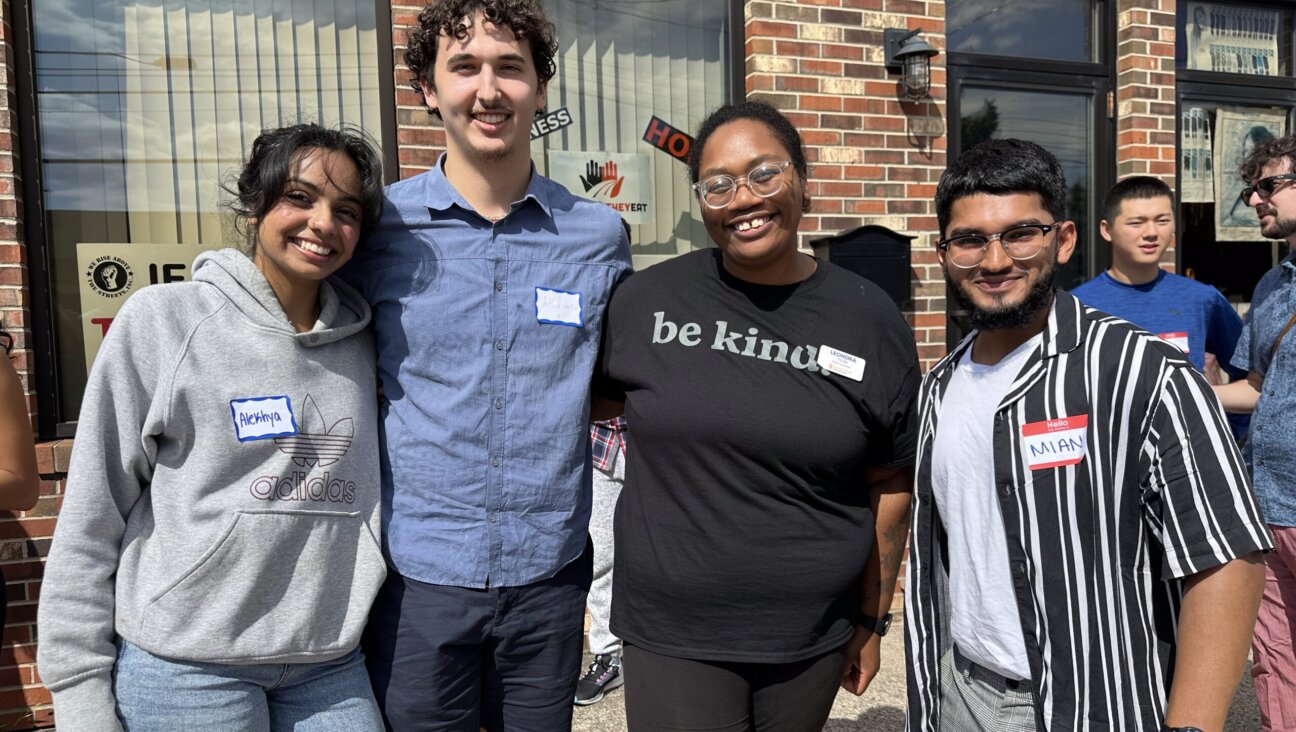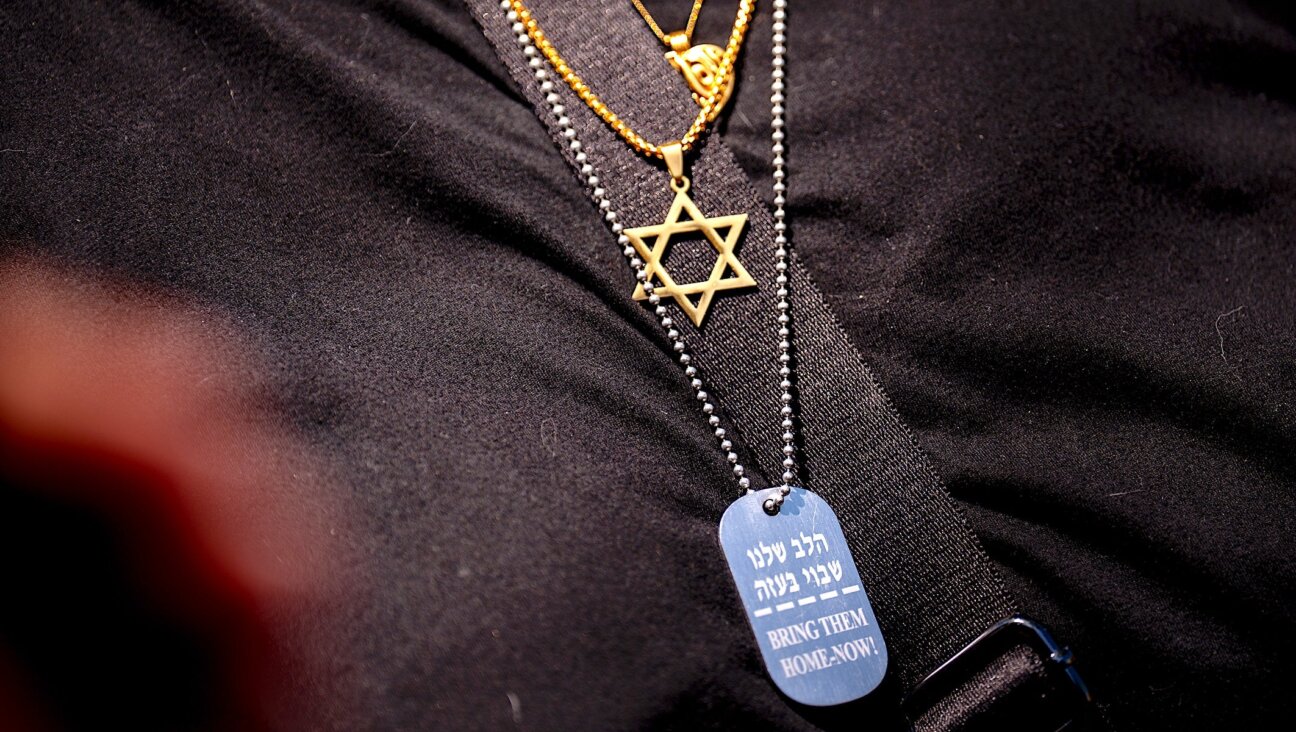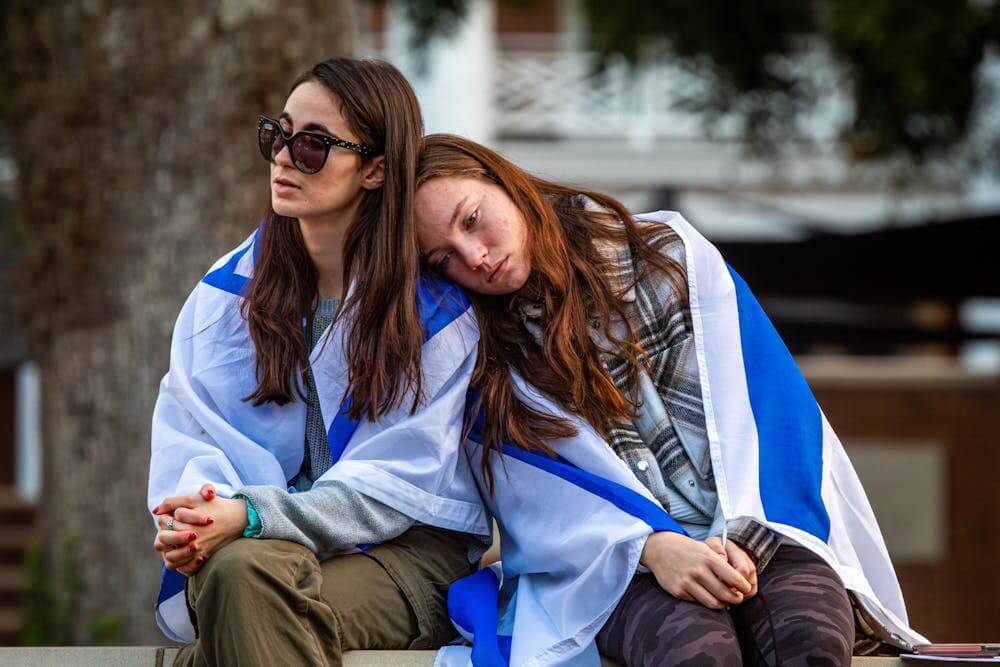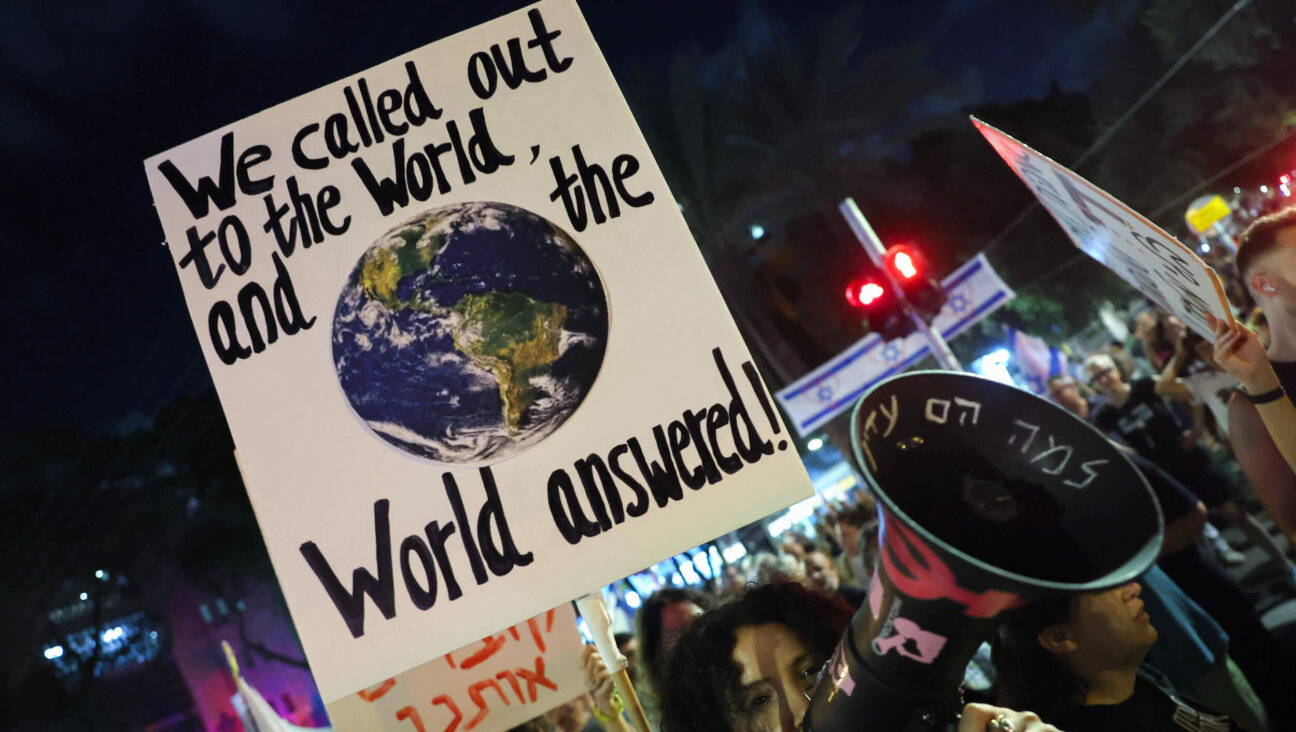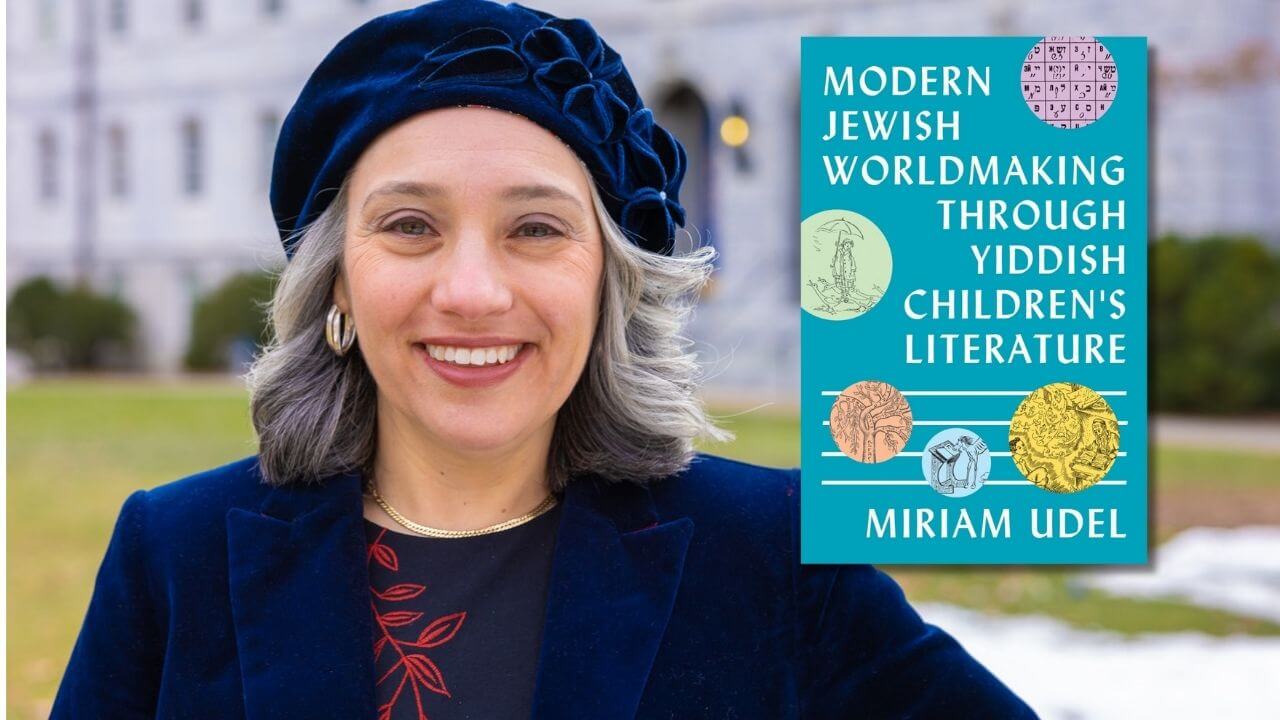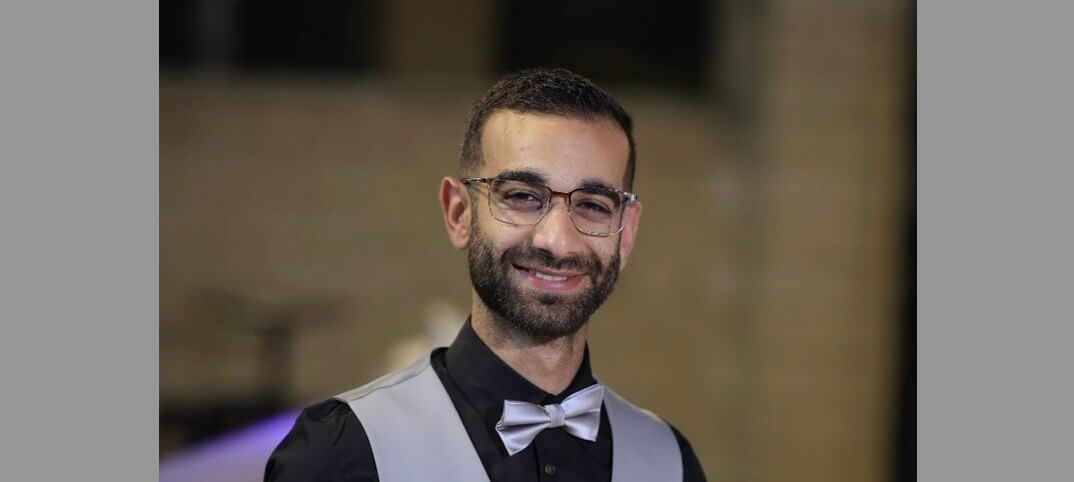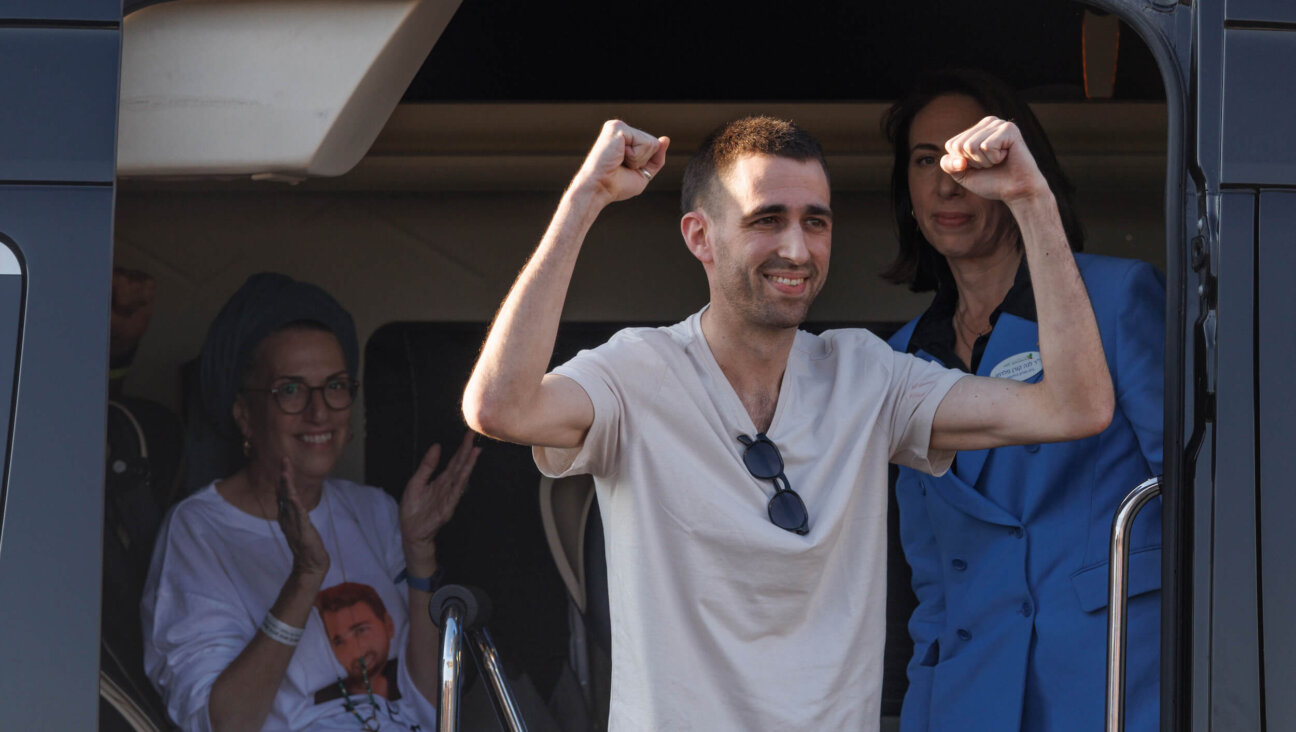A Gleaming Night at the Jewelers’ Gala; Siggi Memories
Sign up for Forwarding the News, our essential morning briefing with trusted, nonpartisan news and analysis, curated by senior writer Benyamin Cohen.
“Every day of my life, I bless America for giving me the freedom I enjoy,” said Gedalio “Gerry” Grinberg, chairman of the Movado Group and recipient of the Lifetime Achievement Award at the January 10 Jewelry Information Center’s inaugural Gem Award gala.
Emceed by “Inside Edition” anchor Deborah Norville, the 700 black-tie guests at Cipriani 42nd Street were welcomed by JIC executive director Elizabeth Florence, its chairman Steven Kaiser, and dinner chairs Koichi Takahashi, chief operating officer of Mikimoto, and Lowell Kwiat, president of Kwiat Diamonds. A portion of the $400,000 raised is earmarked for the JIC’s Charity Fund for Children.
“Only in America would it be possible for a young Cuban refugee to come… in 1960 with limited resources and be honored here tonight,” said Grinberg, who was described as “a visionary in the industry who changed the way the public at large views the watch industry.” He is credited with transforming Movado, which he acquired in 1983, “from a small Swiss watchmaker into a world-recognized brand.” Grinberg also lauded fellow honoree Michael Kowalski, president and CEO of Tiffany & Co., recipient of JIC’s Corporate Communication Award.
“My mother was from Lodz, and my father from somewhere in Russia…. I don’t speak Yiddish,” Grinberg told me during dinner in Cuban-accented English. “But my wife does.”
Mrs. Grinberg, who had taught at a Yiddish school in Cuba, greeted me in a geshmakn litvishn Yiddish. Familiar with the Forward, she explained: “In English my name is Sonia; in Hebrew my name is Yaffa; in Yiddish my name is Sheindl.” She attributed her delicious Litvak dialect to “my father, who was from Bessarabia, and my mother, who came from Ivye.” Ivye, also known as Yvia, was a shtetl in Belarus with a pre-war Jewish population of 2,076, according to Gary Mokotoff and Sallyann Amdur Sack’s “Where Once We Walked: A Guide to the Jewish Communities Destroyed by the Holocaust,” Avotaynu, Inc. 1991).
* * *|
Siggi Wilzig, who died January 7 at age 76, was a friend and a “Jewish irreplaceable.” At 16, a survivor of the Mauthausen and Auschwitz Nazi death camps, he arrived penniless in New York during the 1947 blizzard, achieving extraordinary business and banking success, eventually becoming president and CEO of the Trust Co. of New Jersey — which he liked to call “the bank with a heart.” He himself was a man with a heart, and his philanthropic largesse was a boon to many Jewish organizations.
Wilzig was a regular at Kutsher’s Country Club, where he had his own table in the dining room. Mark Kutsher, who attended the January 9 funeral at the New Jersey Performing Arts Center, told me, “He was fascinating. Siggi came here for 30 years — summer, winter, holidays…. He always considered this part of work…. He’d say, ‘I’m going to find some new customers while I’m here’ and always had gifts to give to new clients.”
A spellbinding storyteller, Wilzig held daily court lakeside. Each summer my husband, Joe, and I would come away with another “Siggi saga.” In the summer of 1997 he described a Nazi guard family picnic outside the fence at Auschwitz “where little girls in white dresses were dancing to music.” He later found a jar of mustard “thrown over the electrified fence.” So strong was the will to survive that he ate the entire jar, which made him deathly ill. Wilzig held the conviction that the Holocaust was a Jewish tragedy. When Elie Wiesel was appointed to head the U.S. Holocaust Memorial Council by President Jimmy Carter, he asked that “Wilzig be the first person to serve with him.”
* * *|
The United States Holocaust Memorial Museum’s January 14 death notice tribute to Wilzig in The New York Times prompted me to call Arthur Berger, the museum’s director of communications. After reminiscing about Siggi, a former member of the museum’s governing board, Berger asked me if I knew who Wladyslaw Bartoszewski was. Coincidentally I had just been introduced to him a few weeks ago at New York City’s Polish Consulate where, in Polish gallant fashion, he kissed my right hand.
Berger then described the December 10 ceremony held at the museum’s Helena Rubenstein Auditorium at which Bartoszewski, a founding member of the underground organization Zegota, the Council to Aid Jews, was honored on the occasion of the 60th commemoration of its founding in December 1942 in Nazi-occupied Poland.
Operating primarily in the Warsaw region as well as Krakow and Lvov, Zegota helped nearly 4,000 Jews — including 2,500 children — who had escaped from the ghettos and were hiding in Polish homes and orphanages — to get financial help, false documents, medical assistance and more. After the collapse of the communist regime, Bartoszewski twice served as Poland’s foreign minister.
“In his address,” Berger said, “Bartoszewski focused on the fact that everybody in Zegota was more concerned about doing the right thing than their own safety — even though they put their families at risk.” When I mentioned that for an 80-year-old who had spent a year in Auschwitz, Bartoszewski was very spry, Berger chuckled: “When he arrived at Washington’s Polish Embassy for a dinner in his honor hosted by Ambassador Przemyslaw Grudzinski, Bartoszewski spotted an elderly woman whom he knew atop the stairs. He raced up the staircase, got down on one knee and with a grand flourish kissed the lady’s hand.”
